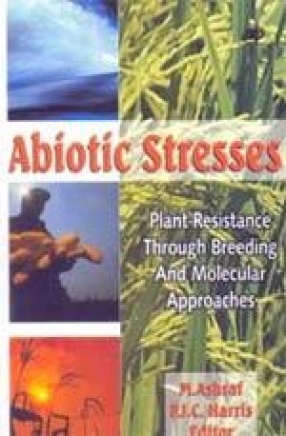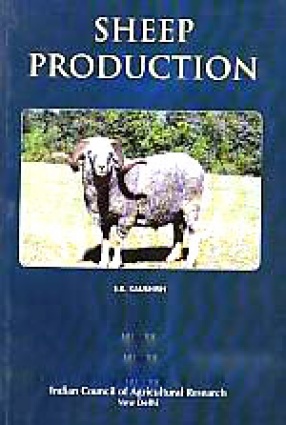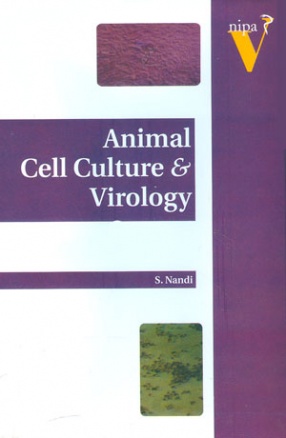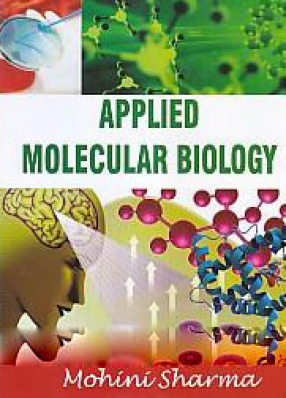Abiotic Stresses: Plant Resistance Through Breeding and Molecular Approaches explores innovative methods for breeding new varieties of major crops with resistance to environmental stresses that limit crop production worldwide. Experts provides the basic principles and techniques of plant breeding and examine work that has been done in relation to improving resistance in specific important world food crops. The timely resources in divided into two sections. The first section presents: The general principles of breeding crops fro stress resistance, genetic engineering and molecular biology procedures for crop improvement for stress environments, Data on genome mapping and its implications for improving stress resistance in plants, information about breeding for resistance /tolerance to salinity, drought, flooding, metals, low nutrient availability, and high/low temperatures. The second section of Abiotic Stresses: Plant resistance through Breeding and Molecular Approaches focuses on the efforts of acknowledged specialists toward improving wheat, barley, tomato, rice maize, cotton, and oilseed crops. With extensive bibliographies at the end of each Chapter, as well as tables and figures that illustrate the research finding, this book will help scientists and academics examine, modify, and improve breeding programs about the world.
ABOUT THE AUTHOR M. Ashraf
Muhammad Ashraf, PhD, is Professor and head of Botany at the university of Agriculture Faisalabad, Pakistan. Dr. Ashraf received his PhD in Botany from the University of Liverpool, UK , and undertook postdoctoral work as a Fulbright scholar at the university of Arizona. His research is focused on the improvement of stress tolerance in plants using breeding and physiological approaches. He has published over 200 scientific papers and reviews. Dr. Ashraf has earned several prestigious awards and honors for his outstanding contributors in the fields of agriculture and biology, including two Gold medals from the Pakistan Academy of Sciences, the Salam Prize, the National Book Foundation of Pakistan Awards, and the presidential Awards Izaz-e-Fazeelat and pride of performance. He was inducted as a fellow of the Pakistan Academy of Sciences in 2000, and was elected a fellow of the Third World Academy of Sciences (TWAS), Italy, in 2003.
ABOUT THE AUTHOR P.J.C. Harris
Phil Harris, PhD, is Professor of Plant Science in the School of Science and the Environment at Coventry university in the united Kingdom. He received his PhD in botany from the university of Glasgow. For the past 28 years, his research interests have included plant physiology and propagation related to environmental stress as well as research applied to tropical crop development, organic and sustainable agriculture, forestry, and agro-forestry. He has published over 140 scientific papers and books. Professor Harris has extensive agricultural consultancy experience in Africa, Asia, and Latin America. He has acted as an advisor to the Uk Department for International development and several other international agencies including the International Foundation for science in Stockholm. He is editor of the international journal Biological agriculture & Horticulture. He was elected a fellow of the Institute of Biology in 1995.





There are no reviews yet.